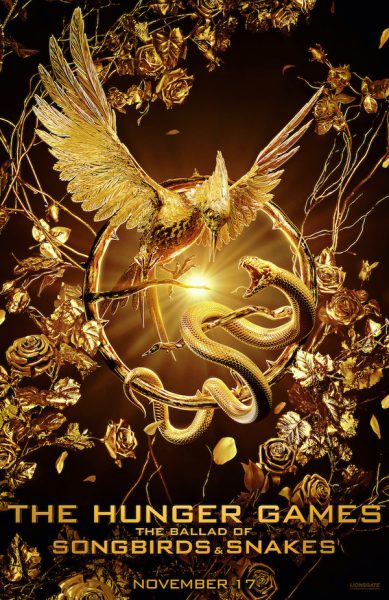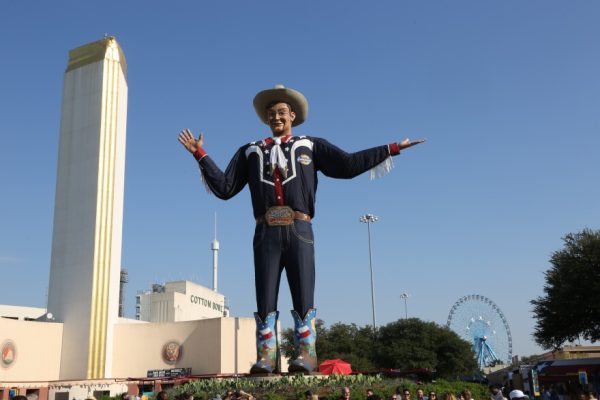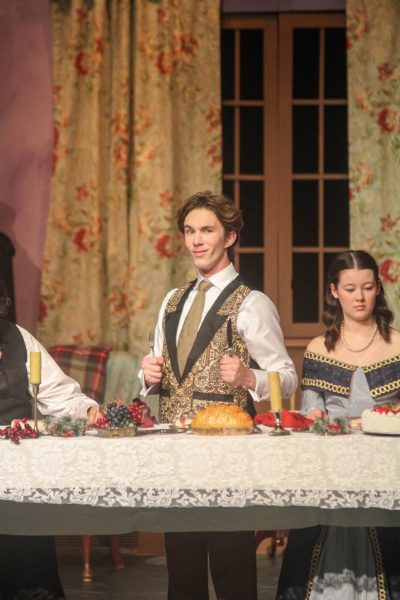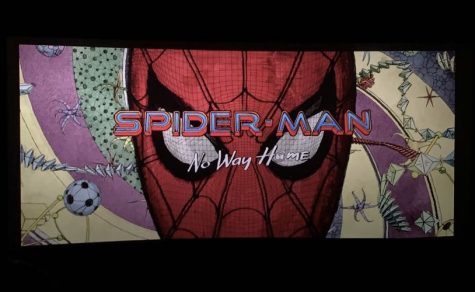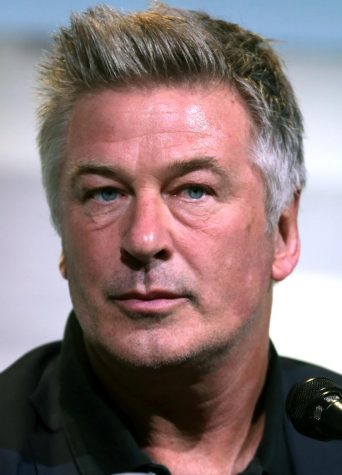Ender’s Game Review
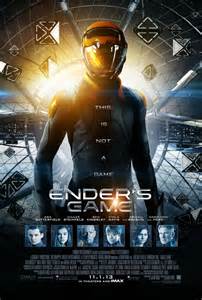
Orson Scott Card’s novel Ender’s Game remains one of the most powerful novels I have ever read and its memory has never escaped me. However, Gavin Hood’s film of the same name did not have a similar impact. I was disappointed to discover how distinctly the film wandered away from the book’s intended plot – though I later grew to understand why. In an attempt to fit a 324 paged novel into a 114 minute film, the film suffered. It lacked the basic passage of time necessary for development in the inimitable storyline.
Ender Wiggins and other children, who prove themselves worthy, are deprived of their childhoods and trained at a very young age to battle and defeat the Buggers – an alien species, viewed as a worldwide threat to all of humankind. In the novel, we originally set eyes on a 6-year-old Ender who progresses into adulthood. However, in the film, Ender is introduced as a 10-year-old and remains that age throughout the story. I understood that casting is an enduring challenge and carrying on with the same actor allows us to develop a bond with him, but I would have preferred the Stilson scene with a 6-year-old Ender. The scene emphasizes on the ability of a child to encompass such a vicious, killer instinct.
Ender’s most conspicuous, ongoing struggle of the novel is his inability to fit in, on the Earth and the Battle School world. However, in the film, Ender’s struggle and alienation is severely underplayed to where it almost seems like he is instantly respected and accepted by his peers, when in reality, that is not the case at all.
I was shocked to see that his sister Valentine and especially his brother Peter were almost entirely erased from the film, when they played indispensable roles in shaping young Ender. Ender’s level of complexity is unfathomable to most and paired with his killer instincts, he is difficult to relate to and to understand. As a result, Director Hood revolved the film around Ender, disregarding any scene that didn’t indirectly or directly include Ender in it. If we accompany him scene to scene, we may not always befriend him but we may be able to understand him.
Though I was able to come to terms to most of the alterations seen in the film, I was not clear on why Ender’s relationship with Petra was misrepresented. The novel makes it clear they share a brother-sister relationship and never hints at a secret romance between the two or any existing chemistry. It was out of place in the movie plot to the point where I felt uncomfortable.
Despite the plotline setbacks, the cast selection gave off an unerring sense of hope and direction. Asa Butterfield, who played Ender Wiggin, left me speechless with his performance, as he was everything I had imagined Ender to be. He had a youthful quality to him – vulnerability and fear in his expressive blue eyes; yet, he brilliantly transitioned into a confident, intrepid commander when it was the right time. Butterfield appears lanky and defenseless at first sight, and it was startling to see him suddenly display such strength and fierceness in simple actions like the way he spoke and the way he made eye contact. However, Ender’s character is painfully toned down in the film to where he is less effective in the eyes of Card’s audience. Colonel Graff (Harrison Ford), who has observed Ender all these years, is categorical of Ender’s potential. He is the only one who immediately recognizes Ender for the prodigy he is, never doubting what Ender is capable of.
What sets apart Ender from every character ever created is his advanced way of understanding people, more particularly his enemies. Ender takes the saying “Keep your friends close and your enemies closer” to a new level with his famous saying, “In the moment when I truly understand my enemy, understand him well enough to defeat him, then in that very moment I also love him. I think it’s impossible to really understand somebody, what they want, what they believe, and not love them the way they love themselves. And then, in that very moment when I love them…. I destroy them.” This line is what the audience first sees in the film. It is what distinguishes him as a phenomenal character, the novel as unusually memorable and the overall reading experience as so irrevocable.
Though noticeably dissimilar to the book, the movie did stay true to some of the main points of the novel and impacts the audience, mostly those who haven’t read the novel, in its own way.
Your donation will support the student journalists of Plano Senior High School. Your contribution will allow us to purchase equipment and cover our annual website hosting costs.
Senior Priyanka Hardikar is looking forward to her second year in newspaper, this year as an editor. As online editor, she hopes to take the online publication...


